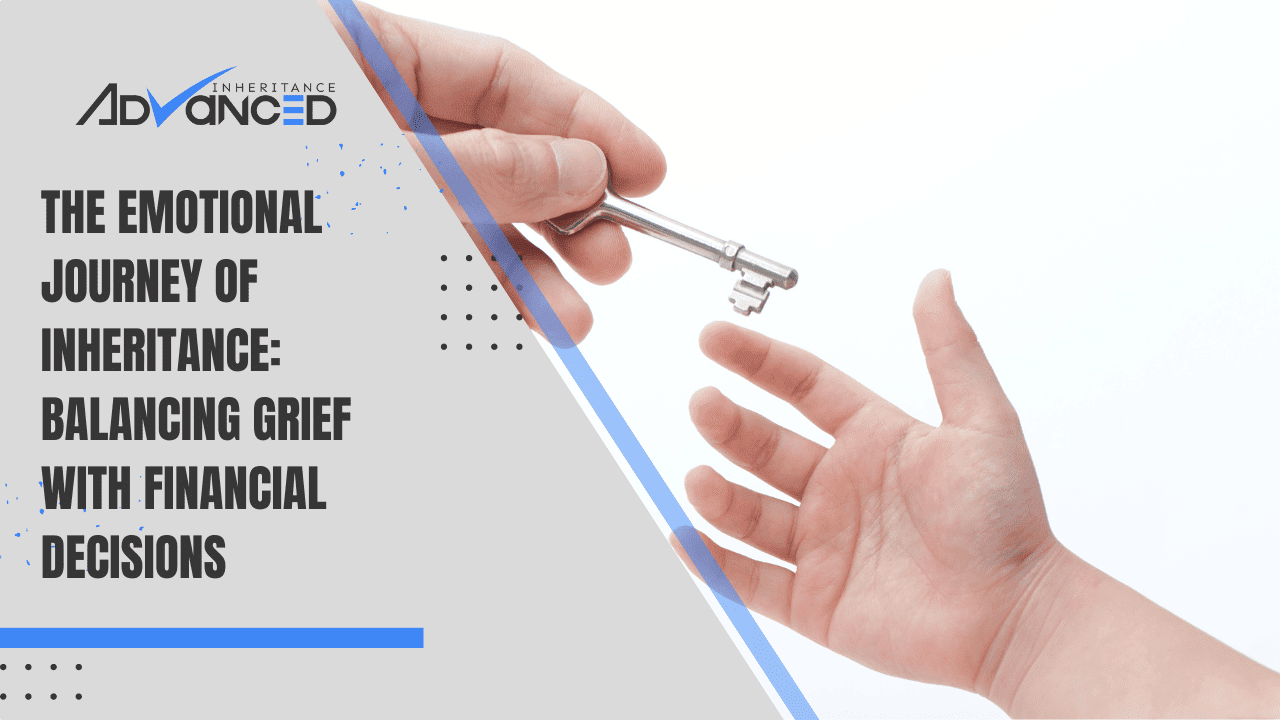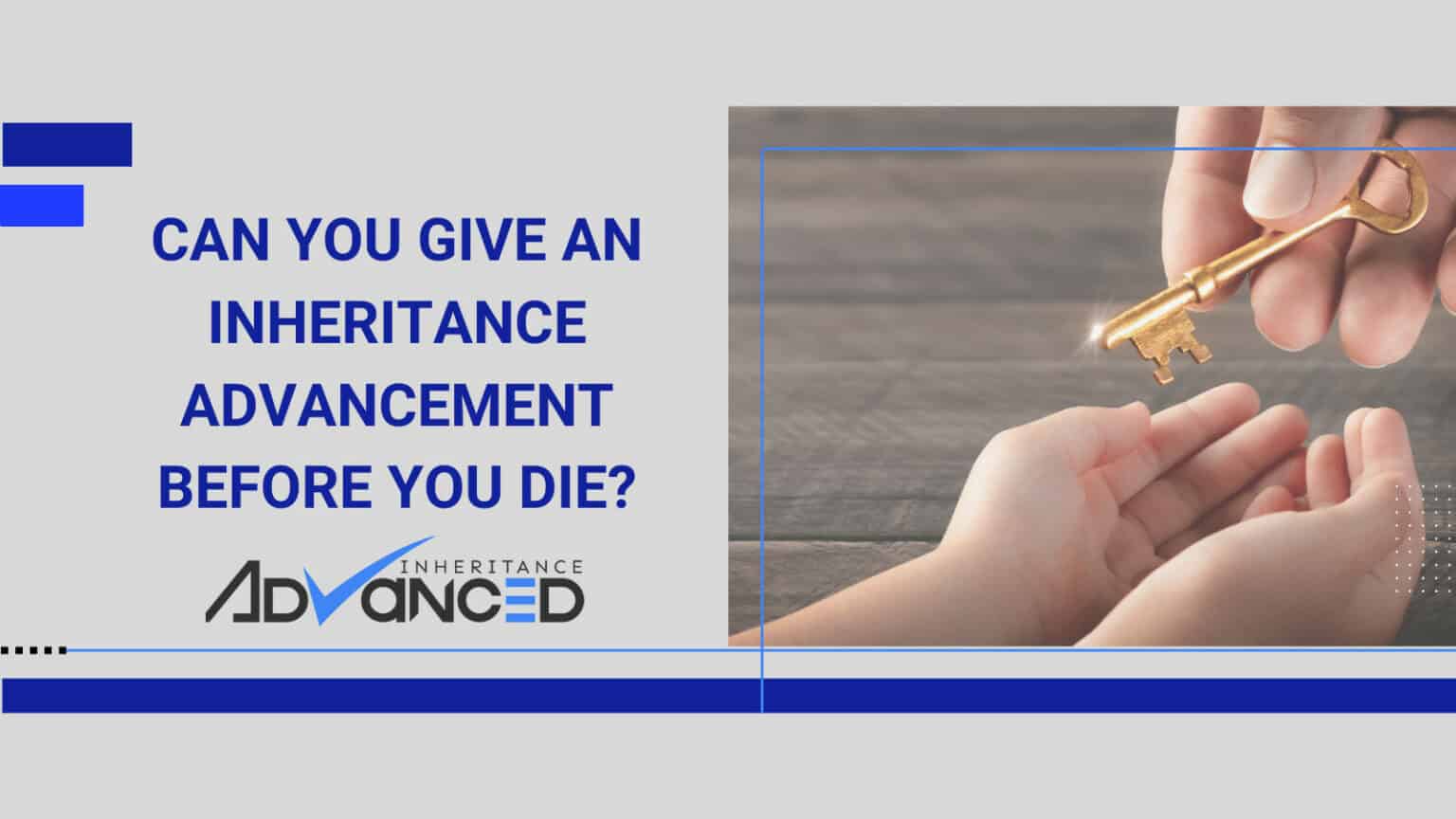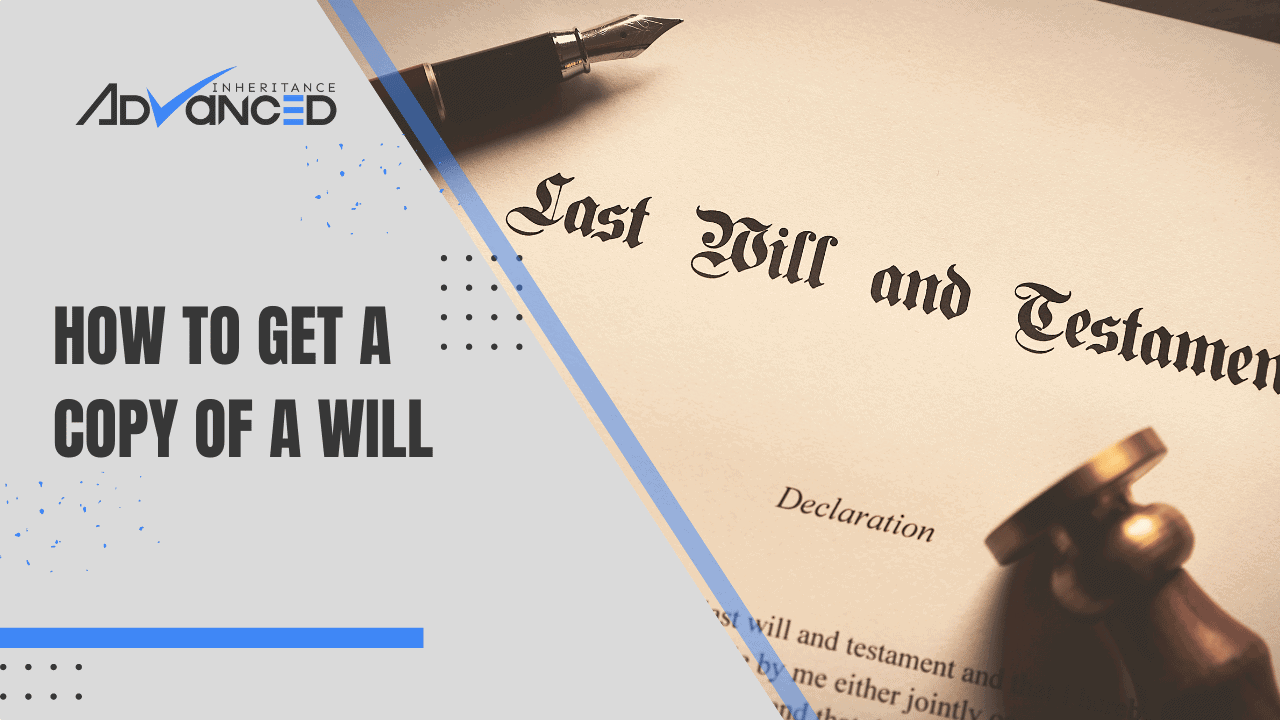After the death of a loved one, families frequently feel a feeling of urgency and make every effort to wrap up any unfinished business as quickly as possible.
In a perfect world, those who are left behind will feel a sense of relief when the probate process of the estate is finally over. However, this places significant weight on the shoulders of the executors of an estate, who is frequently a part of the bereaved family in their own right.
What Is A Will?
The will is a document that details a person’s assets, the distribution of the benefactor’s assets among their heirs and beneficiaries, and the conditions for disposing of the assets. It also outlines any living family members entitled to inherit the estate.
A will is an essential document for any person wishing to distribute their assets, such as houses, vehicles, or family trusts, in a way that ensures that their family or loved ones receive compensation for their loss.
Many states have specific requirements for wills, including what type of document must be prepared and the information that must be included in it.
Struggling To Get Your Inheritance?
A Will Does Not Have An Expiration Date
A will does not have a time limit attached to it. Wills that were adequately executed even forty years ago can be considered legally binding even today.
On the other hand, it’s quite doubtful that it got better with age. If the will is quite old, likely, it is entirely out of date; by the time the person who drafted it has passed away, they may have moved, changed their bank accounts, and even acquired a new spouse and/or children. However, the document will continue to be legally binding unless it has been revoked or replaced.
Understanding Revocation Of A Will
Before they pass away, testators can amend their estate intentions by drawing out a new will or rescinding an older one. These occurrences need to take place during the testator’s lifetime.
When a testator wants to revoke their will, one option is to throw away the original copy of the document simply. This is especially common when testators do not wish to postpone the nullification of their previous will to draft a new one.
Consequently, family members frequently present the version of the will they are acquainted with to the probate court, only to discover a different will or evidence of revocation later. Regrettably, some descendants leave behind jumbled and difficult-to-understand records. After finding a will in a safe deposit box and submitting it for probate, many executors later discover another will with a later date hidden away in a nightstand or desk drawer.
Are Wills Required To Go Through Probate In California?
In most cases, the probate process is required in California. However, according to California probate law, two distinct forms of probate can be used for estates. If the estate’s total worth is less than $166,250, one can use simplified processes. If an estate’s assets are left to a beneficiary or a surviving owner, it’s possible that probate won’t be required.
For instance, the proceeds from life insurance policies that designate a beneficiary would be paid directly to that individual. The real estate a married person owns would be passed on to the surviving spouse.
How We Can Help You
When it comes to the administration of an estate, an ounce of prevention is worth a pound of cure. If you have reason to believe that someone might appoint you as their executor, you should inquire where they intend to preserve their will. Even though the passage of time does not invalidate a will, it might make the administration of the will significantly more difficult for the executor.
Many people struggle with financial decisions after their loved ones have passed, so we offer financial assistance for our clients during the probate process, including inheritance advances, probate loans, and more. Contact us today!
Sources:
https://probateadvance.com/california-probate-laws/
https://www.theharrisfirmllc.com/2019/11/10/how-long-after-a-death-is-a-will-executed/
https://www.joincake.com/blog/how-long-is-a-will-valid-after-death/
https://www.alllaw.com/articles/nolo/wills-trusts/how-tell-if-will-was-revoked-replaced.html









